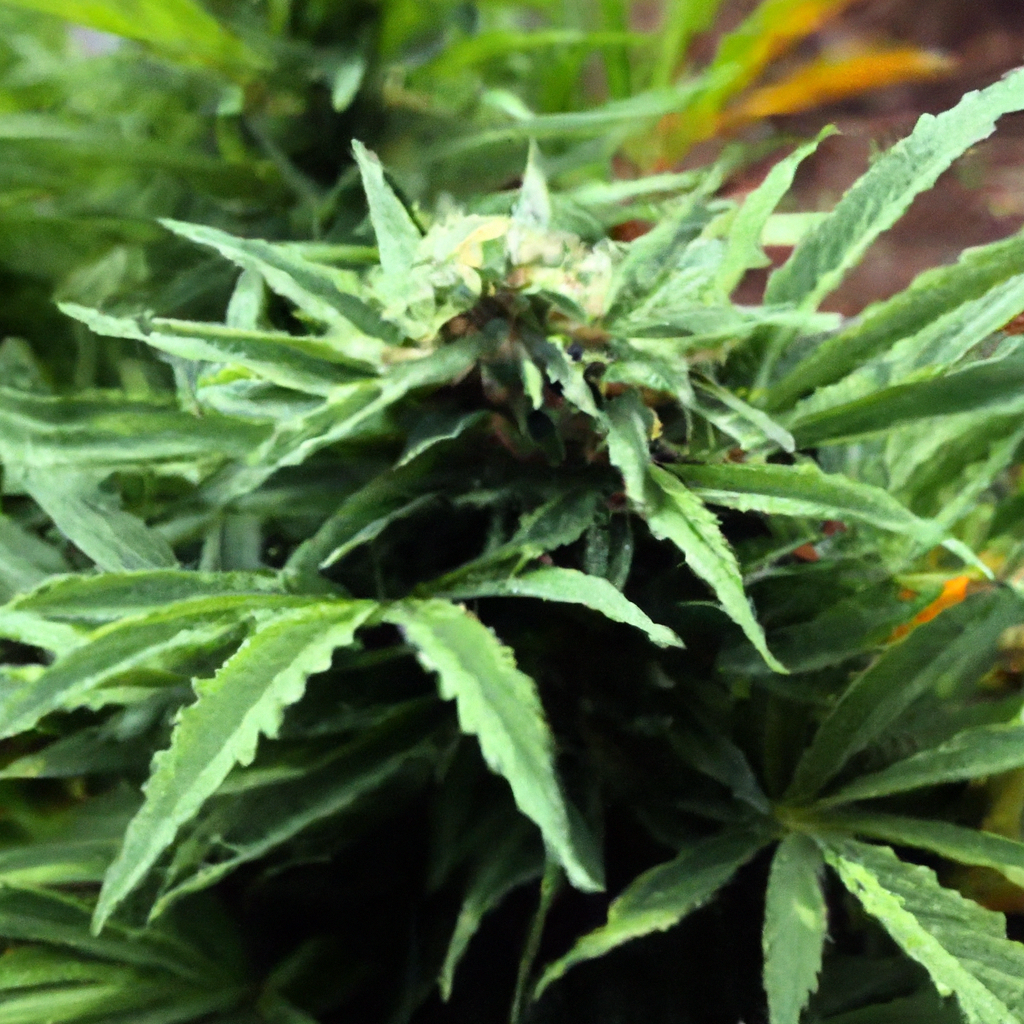Your cart is currently empty!
In recent years, organic cannabis cultivation has become more than just a trend—it’s a way of life for growers dedicated to sustainability and health. By steering clear of synthetic chemicals, organic growers are not only fostering a cleaner environment but also offering consumers more natural, uncontaminated products. Here’s how you can best practice organic cannabis cultivation.
Nurturing the Soil Ecosystem
The heart of any organic cultivation is the soil. Healthy soil hosts a thriving ecosystem of microbes, fungi, and insects that contribute to nutrient cycling and plant health.
- Compost Madness: Add compost to your soil to provide a myriad of nutrients and improve soil structure. As it breaks down, it releases nutrients slowly, which is perfect for cannabis.
- Cover Crops: Consider using cover crops like clover or alfalfa. These plants can fix nitrogen in the soil, enriching it naturally.
- Mulching: Use organic mulch to retain moisture, suppress weeds, and add organic matter to the soil as it decomposes.
Natural Fertilizers: Better for Plants and Planet
Feeding your cannabis plant organically is fundamental to sustaining its health and ensuring its growth is free from chemical interference.
- Fish Emulsion: A high-nitrogen fertilizer that’s excellent for vegetative growth.
- Seaweed or Kelp Extracts: These provide a range of micronutrients and natural growth hormones that improve plant vigor and resilience.
- Bone Meal: An excellent source of phosphorus, this supports healthy root development and flowering.
Integrated Pest Management: Staying Chemical-Free
Keeping pests at bay without chemicals is essential in an organic setup. Integrated Pest Management (IPM) utilizes natural solutions to maintain healthy plants.
- Companion Planting: Plant marigolds, basil, or garlic nearby to repel aphids and other pests naturally.
- Beneficial Insects: Introduce beneficial insects like ladybugs or predatory mites to tackle pests biologically.
- Diatomaceous Earth: Sprinkling this around plants helps to create a hostile environment for soft-bodied insects.
Organic Cannabis: A Greener Choice
The advantages of growing cannabis organically stretch beyond the farm. Eco-friendly practices reduce pollution and conserve resources, making a positive environmental impact.
- Environmental Impact: Organic farming enhances biodiversity and aids in soil carbon sequestration, contributing to climate change mitigation.
- Consumer Trust: Many consumers seek out organic cannabis because it is perceived as healthier and more responsibly grown.
- Quality Over Quantity: Although organic growing may yield less, the quality in terms of aroma, flavor, and effect is often superior.
Conclusion
Organic cannabis cultivation is more than just a method; it’s a lifestyle choice for those looking to create a sustainable future. By employing natural fertilizers, building healthy soils, and implementing eco-friendly pest control, growers can reap the benefits of this approach both environmentally and economically. Happy cultivating!
Tags: OrganicGrowing, NaturalFertilizers, PestControl, Sustainability, EcosystemBuilding
Discover more from Magic Clones
Subscribe to get the latest posts sent to your email.


Leave a Reply